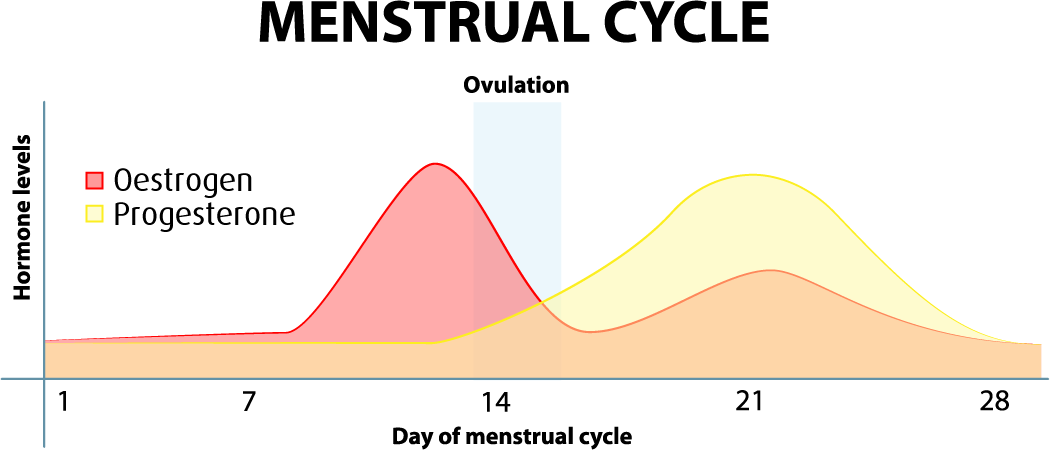Metabolic Syndrome refers to a collection of hazards that increases your risk for heart failure and other major medical issues, specifically, high blood pressure. These risks are normal functioning factors that increase your chance of developing a disease like diabetes.
Metabolic risk factors can stack, and the more you have, the higher your risk. This means that if you have diabetes or gallstones, you’ll want to keep your blood pressure low and your weight down.
Obesity is a major cause for raising all metabolic risk factors; it doesn’t help with your blood pressure. A person who has this meta
bolic syndrome is twice as likely to suffer from a stroke, diabetes or heart disease.
When you have high blood pressure, you have to take extra care to keep it low. The longer your blood pressure stays high, the harder your heart has to work, increasing the risk of heart failure or cardiac arrest.
Learn more about Metabolic Syndrome from Heart.org:
“More than one in three (34%) of U.S. adults have metabolic syndrome. When a healthcare professional notes these risk factors together, the chances for future cardiovascular problems are greater than any one factor presenting alone.”







